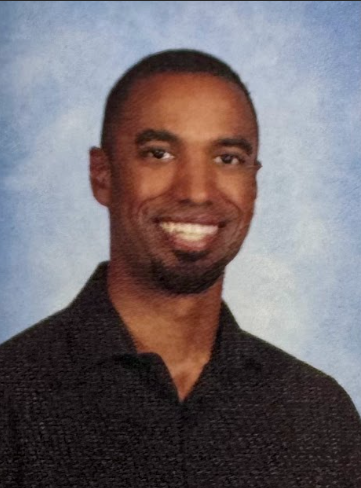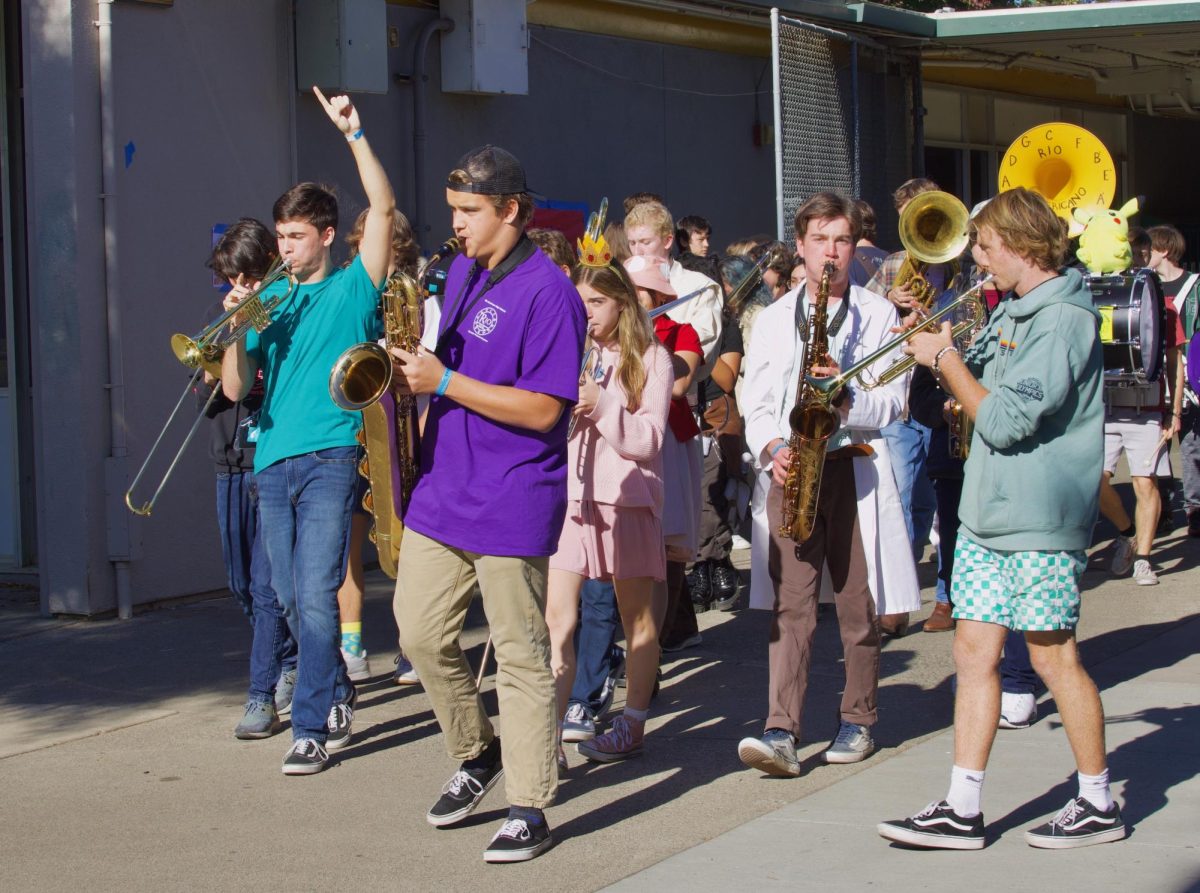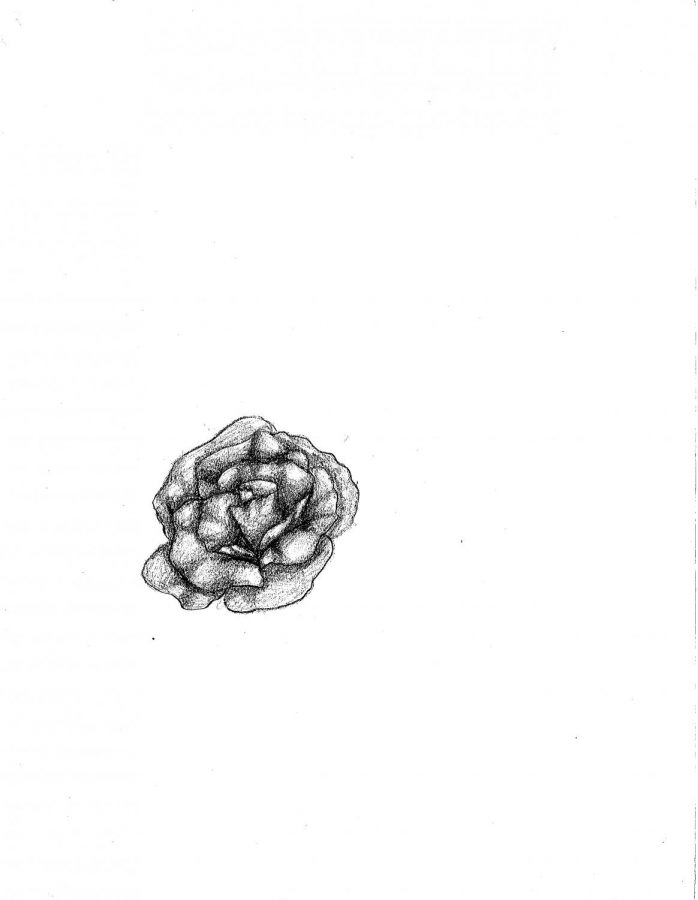Is The Bachelor as Real as True Love?
It is said that anyone is capable of finding true love. A popular reality-TV show takes on this challenge. However, with 30 bachelorettes and only two months, is “The Bachelor” a legitimate way to find love?
The show is self-explanatory. An eligible bachelor tries to find his fiancè within nine weeks, choosing between 30 women. Inevitably, these relationships don’t last. “The Bachelor” franchise is one of the longest ABC reality-TV shows with 37 seasons. Yet, only 11 couples are still together.
Typically, before getting engaged, couples date two to three years and without millions of people viewing and commenting on the evolution of their relationship. Those years are time to know one person (rather than 30) and not have to fight for spending time with whom they want to be with.
Around 40-50% of marriages end in divorce. Knowing someone for less than two months and splitting that time with other women significantly increases this rate. It gives unrealistic expectations for relationships such as discouraging emotional relationships and having the contestants play a game in which there’s only one winner.
It’s not an accurate portrayal of dating with helicopter rides, private islands and concerts, and limitless shopping sprees. The contestants are not seen talking about core values or having other profound conversations. Instead, they are spending time with a guy who is setting such high standards considering they’re not millionaires.
True love is loving someone for who they are, not what they offer such as expensive dates. The show pits women against each other and causes hostile friendships. One contestant from this season (23), Brianna pretended to have a fake Australian accent to gain the attention of the bachelor. During a confession, she claimed, “…you have to do what you can to stand out.”
“The Bachelor” turns love into a competition to entertain and create content despite the true feelings of the contestants. One can talk themselves into love by wanting to win and being nationally recognized for it.
This begs the question of: How real is the bachelor? Many say that the contestants are there for the wrong reasons meaning they seek fame and attention, not true love. The agents look more for personality and less for compatibility to make the show more entertaining.
Like Brianna who felt she had to fake her nationality to gain attention, “The Bachelor” enforces gender stereotypes. Women are portrayed as jealous and petty as the whole show is them fighting for one prize: marriage. As a result, the show has some bad blood and ruined friendships.
Even when the bachelor chooses his bachelorette, they’re still strangers. It’s hard after less than two months to completely love someone and want to marry them. Less than half of “The Bachelor” couples stay together from a result of this. Sometimes, the bachelor can be pressured to choose a bachelorette in hopes of not going home empty-handed.
On season 22 of “The Bachelor,” Arie Luyendyk chose who he thought was the love of his life: Becca Kufrin. Shortly after, he admitted to loving the runner-up Lauren Burnham and broke off his engagement.
The “love” seen on “The Bachelor” isn’t real. Though there are sparks and relationships can last, too much of this show is scripted and purposely made dramatic. “The Bachelor” is more of a game than a serious relationship, and it truly warps people’s ideas of true love. It misleads it’s audience to believe that love can be bought and be a game.
You shouldn’t have to fight for the ones you love.


































Abby • Nov 30, 2020 at 12:24 PM
I think the author, Annalee, did an excellent job describing the show. I watch that show and I understand that the producers want a high entertainment value for good ratings. The show definitely pushes stereotypes and gives it more drama then there probably is. I think the show does have good intentions, but you should take the experience and the portrayal of the contestants with a grain of salt.
Kaitlyn • Apr 23, 2019 at 12:01 AM
I agree with this article because the show ‘the Bachelor’ isn’t ideal. Annalee did a good job expressing her opinion while providing examples